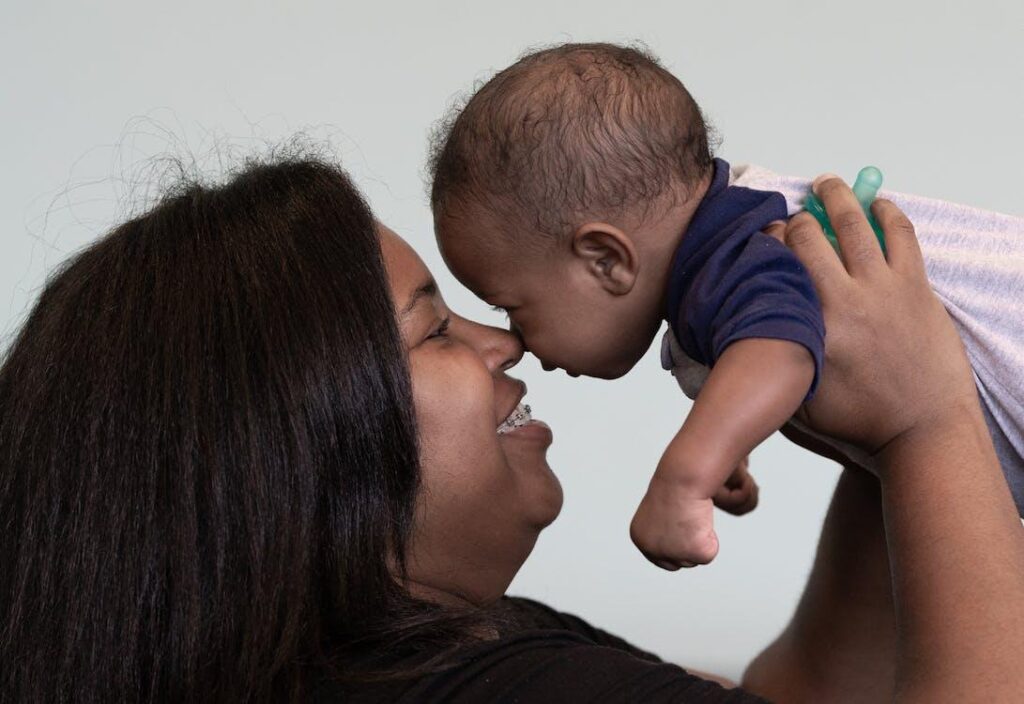Pregnancy is a roller-coaster ride, especially for women who are high on hormones. However, your battle with hormones and changes doesn’t end when you deliver. You also have to deal with many emotions once you deliver the baby.
Postpartum depression or baby blues are quite common in women. You deal with constant emptiness and hopelessness for a very long time. Most people take postpartum depression lightly; however, it is serious. If you are about to become a parent, you should know all about postpartum depression. Dive right in to know about postpartum depression and how to deal with it!
What Are the Effects and Symptoms of Postpartum Depression?
Postpartum depression is highly prevalent in women; they battle it for a long time. In times like these, people around you should be your huge support system, especially your partner. Here are some effects and symptoms of postpartum depression:

- You feel sad for no reason and cry all the time.
- It is hard to feel attached to the baby, and you feel no motherly instincts for a long time.
- You feel like hurting yourself and often have suicidal thoughts.
- The thoughts of hurting the baby cross your mind.
- You feel that no one loves or values you, and you often feel unseen or unheard of.
- You always feel guilty for not being happy or loving your child as you should.
- It feels hard to trust your partner, and you always keep fighting.
How to Deal with Postpartum Depression?
Postpartum depression is a real deal that most people don’t understand. Having turmeric pills or health supplements can help you deal with postpartum depression. However, you sometimes need to see a doctor or a professional to deal with it. Here are some tips for dealing with postpartum depression:

1. Consult Your Doctor
One of the things that can help you deal with postpartum depression the best is to consult your doctor. A doctor is a professional and probably understands how you feel better than yourself. It is best to see a phycologist or a therapist to help combat postpartum depression.
However, if you don’t know about a good therapist, you should discuss it with your gynecologist. Your gynecologist has a lot of information and contacts that could help you. You should immediately book an appointment before your condition worsens.
2. Talk to Your Partner
Your partner should be your biggest support system when going through such a huge shift in your life. You will probably fight with your partner in such times, and things will be hard if your partner does not understand.
It is best to take parenting and pregnancy courses at the hospital. It has a lot of information about postpartum depression and how your partner can help you deal with it. Talk to your partner about your feelings and keep them on the same page as you. With your partner’s support, you can beat postpartum depression faster.
3. Do Self-care
It is hard to self-care with a small baby, but you can always ask for help. You can ask your mother or sister to keep your baby while you do things you love. If you haven’t spent time alone in a while, you can leave your baby for 30 minutes and go to get Starbucks.
Make most of the time when your baby is sleeping relax. When your husband is looking after the baby, take longer baths and do things you love. It helps make your life feel normal and helps you feel calmer.
4. Catch-up on Sleep and Eat Well
One of the things that can make you feel more depressed is lack of sleep. When you have a small baby, they always need your attention. Hence, your sleep goes out the window, and you always feel tired.
If you are feeling restless, it is probably because you are not sleeping enough. If you feel drained, ask people around you for help and catch up on sleep. It will help you feel a lot better and good emotionally. On the other hand, have the best turmeric foods and have a good diet. Food also helps you recover faster and keeps your mood great.
Final Verdict
Postpartum depression is real, and you should never take it lightly. If you or anybody around you is dealing with postpartum depression, ask for professional help. On the other hand, your partner also plays a pivotal role in helping you deal with it faster. Always talk about your feelings openly and communicate to deal with them faster.


